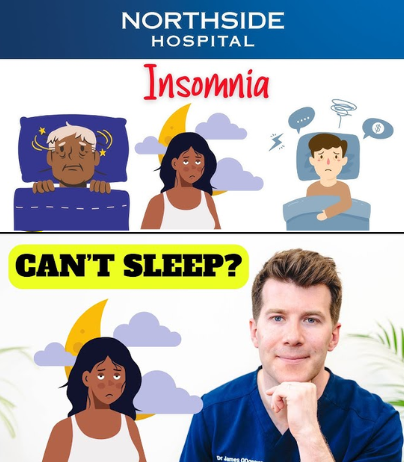
Understanding Chronic Insomnia
Chronic insomnia isn’t just a few restless nights—it’s a persistent problem that sneaks into your life and steals the restorative sleep your body desperately needs. Unlike occasional sleepless nights, chronic insomnia occurs at least three times a week for three months or more. It leaves you groggy, irritable, and often frustrated, turning simple daily tasks into uphill battles. But why does it happen, and more importantly, how can you take back control of your nights?
The Causes Behind Chronic Sleeplessness
Insomnia doesn’t appear out of nowhere. Often, it’s a cocktail of lifestyle habits, mental health challenges, and even medical conditions. Stress is a prime culprit—your mind races with worries, keeping your body in a heightened state of alert. Anxiety and depression amplify this effect, while poor sleep hygiene, excessive caffeine, and irregular schedules throw your natural sleep rhythm into chaos. Medical issues, like chronic pain, acid reflux, or thyroid problems, can also silently sabotage your sleep.
Symptoms That Signal Trouble
Chronic insomnia manifests more than just difficulty falling asleep. You might experience frequent awakenings, early morning wake-ups, or non-restorative sleep that leaves you drained. Over time, these symptoms erode concentration, memory, and emotional stability. Have you noticed yourself feeling foggy, irritable, or less productive during the day? Those are warning signs that insomnia has taken a firm grip.
The Ripple Effect on Health
Sleep is the body’s repair mechanism, and without enough quality rest, your entire system suffers. Chronic insomnia increases the risk of heart disease, diabetes, obesity, and weakened immunity. It can worsen mental health conditions, trigger migraines, and even affect your skin. Imagine running your phone on 10% battery all day—that’s your body functioning with sleep deprivation. Your brain, heart, and metabolism struggle to keep up, making even minor tasks feel exhausting.
Video : Sleep Deprivation versus Chronic Insomnia
Lifestyle Adjustments to Reclaim Your Nights
You don’t have to surrender to sleeplessness. Start with improving your sleep hygiene: maintain a consistent sleep schedule, avoid screens an hour before bed, and make your bedroom a sanctuary—cool, dark, and quiet. Exercise is a natural sleep booster, but avoid vigorous workouts right before bedtime. Mindfulness, meditation, or deep breathing exercises can calm an overactive mind, preparing it for restorative rest. Even small changes, like limiting caffeine or alcohol, can dramatically improve your ability to fall and stay asleep.
Medical Treatments for Chronic Insomnia
When lifestyle adjustments aren’t enough, professional help is vital. Cognitive Behavioral Therapy for Insomnia (CBT-I) is considered the gold standard. It teaches practical strategies to retrain your sleep patterns, challenge unhelpful thoughts about sleep, and establish healthier routines. In some cases, doctors may prescribe short-term medications, but these are typically combined with behavioral strategies to ensure long-term effectiveness without dependency.
Practical Tips to Reduce Sleep Anxiety
One of the biggest sleep stealers is anxiety about not sleeping. Ironically, worrying about insomnia worsens it. Keep a pre-bedtime ritual—read a book, take a warm bath, or listen to calming music. Avoid clock-watching and remind yourself that even partial sleep is restorative. Journaling or writing down your worries before bed can help empty your mind, giving your brain permission to rest. Small adjustments can shift your mindset from stress to serenity, allowing natural sleep rhythms to return.
Video : What causes insomnia? – Dan Kwartler
Conclusion: Take Back Control of Your Sleep
Chronic insomnia may feel overwhelming, but it’s not invincible. Understanding its causes, recognizing symptoms, and adopting targeted lifestyle and medical strategies can dramatically improve your sleep quality. Remember, sleep isn’t a luxury—it’s a vital pillar of health. By actively addressing insomnia, you restore not just your nights, but your energy, focus, and overall well-being. It’s time to reclaim peaceful, restorative sleep and wake up feeling truly alive.


